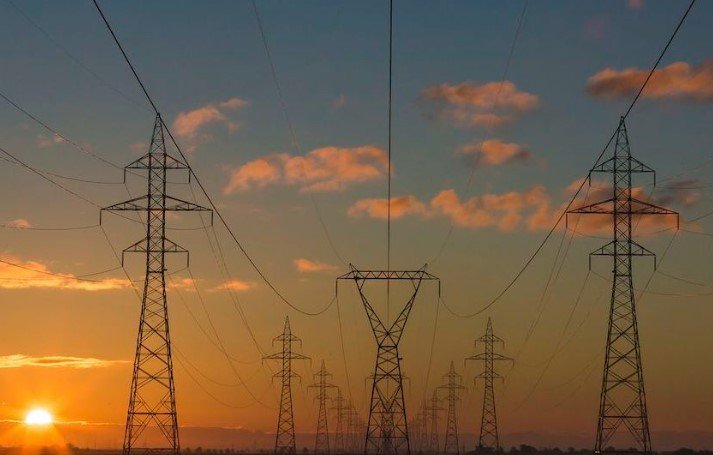In a recent development, Russia’s Inter-RAO has reached out to neighboring countries Georgia and Azerbaijan, exploring the possibility of importing electricity during emergency situations. This request highlights the ongoing energy dynamics in the region, as the Russian energy sector grapples with potential supply challenges. Alexandra Panina, a member of the Inter-RAO management board, revealed that the company is considering importing 300 megawatts from each country if the need arises.
The Request: What’s on the Table?
Inter-RAO’s inquiry into electricity imports is not just a routine check; it reflects a strategic move to ensure energy security. The request for 300 megawatts from both Georgia and Azerbaijan indicates a significant reliance on these neighboring countries for support during unforeseen circumstances.
- Key Points of the Request:
- Volume: 300 megawatts from each country.
- Purpose: To address potential emergency situations.
- Current Status: No responses have been received from either Georgia or Azerbaijan.
Despite the urgency of the situation, there has been no official comment from the Georgian government regarding this request. The silence raises questions about the readiness and willingness of these countries to engage in such energy exchanges, especially given the complex geopolitical landscape.

Energy Dynamics in the Region: A Closer Look
The energy relationship between Russia, Georgia, and Azerbaijan is layered with historical context and current geopolitical tensions. Both Georgia and Azerbaijan have their own energy needs and commitments, which complicates the potential for cooperation.
- Factors Influencing the Decision:
- Energy Independence: Both countries have been working towards energy independence and may be hesitant to rely on Russia.
- Geopolitical Tensions: The historical context of relations with Russia could influence their response.
- Infrastructure Readiness: The ability to deliver such quantities of electricity may depend on existing infrastructure.
As the situation unfolds, the responses from Georgia and Azerbaijan will be crucial in determining the feasibility of this request. The energy sector in these countries is not just about supply; it’s also about political maneuvering and strategic alliances.
What’s Next for Inter-RAO?
For Inter-RAO, the next steps will likely involve assessing the responses from Georgia and Azerbaijan. If both countries agree to the proposal, it could lead to a new chapter in energy cooperation in the region. However, if they decline, Russia may need to explore alternative solutions to bolster its energy security.
- Potential Outcomes:
- Positive Response: Could lead to formal agreements and increased energy collaboration.
- Negative Response: May push Russia to seek other sources or enhance domestic production capabilities.
- Continued Dialogue: Ongoing discussions could pave the way for future energy partnerships.
The situation remains fluid, and the implications of this request could resonate beyond just energy supply, affecting regional politics and economic relations.
